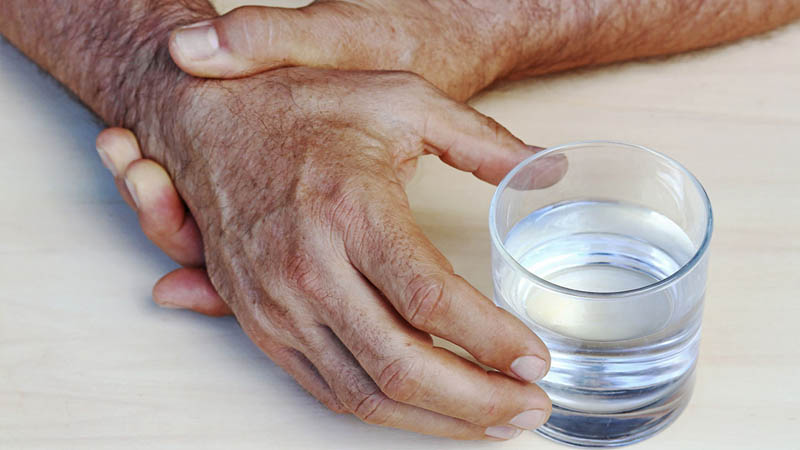

Parkinson’s disease, or PD, is a neurological progressive degenerative condition that affects the central nervous system, causing unintended and uncontrollable movements or tremors, stiffness in the body, speech difficulty, and balance and coordination problems.
To understand Parkinson’s, it is better to know how the human body functions. In laymen or simpler terms, the nervous system can be embodied as a tangled connection of electrical wires essential to supply electricity. Similarly, the human body is interconnected through a chain of innumerable nerves responsible for organ functioning. The nerves have nerve cells which are responsible for sending and receiving messages between the brain and the body.
PD impacts the deeper areas of the brain called the Basal Ganglia and Substantia Nigra. In the latter one, the nerve cells are accountable for producing Dopamine. Dopamine is a neurotransmitter and a hormone which plays a vital role in the body’s movement. When about 80 per cent of Dopamine is lost in these nerve cells, the symptoms of Parkinson’s occur. The reasons for the loss of Dopamine are still very unclear, but the primary reasons ascertained are family genetics, sleep disorder and environmental exposure to toxins and pesticides. Parkinson’s disease is non-curable, and the condition only worsens with age. Considering physiotherapy for Parkinson can help in improving and stabilising the symptoms.
Parkinson’s disease is slightly more common in men than women, and the average age at diagnosis is 65. But nowadays, it is a common disease amongst the 50 year old groups. The warning signs and symptoms can vary from body to body and may not be the same for everyone. Also, the early signs may go unnoticed. The PD indicators may affect one side of the body or both sides, with only one side being severely affected.
The most common symptom of PD is considered to be the involuntary muscle movement; the other innumerable symptoms are:
If you have been diagnosed with Parkinson’s, exercising and following a healthy diet without a second thought is essential. But with the help of Rewalk Robotics, the Best Physiotherapy Clinic In Ahmedabad for professional medical assistance and guided set of exercises for Parkinson’s disease physiotherapy treatment, you regain your balance and strength. Also, physiotherapy for Parkinson disease helps improve your gait, posture and muscle movement range.
Click here to get detailed information about benefits of Physiotherapy for Parkinson's Disease.